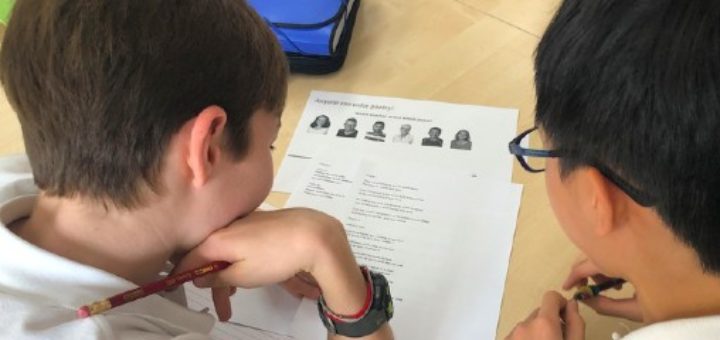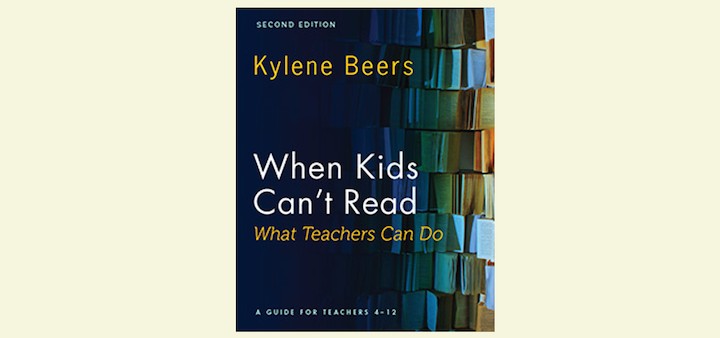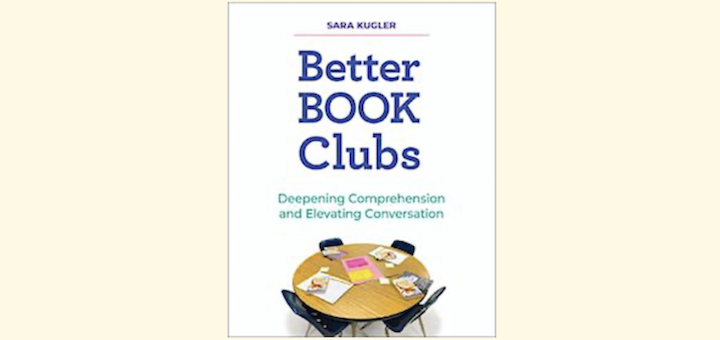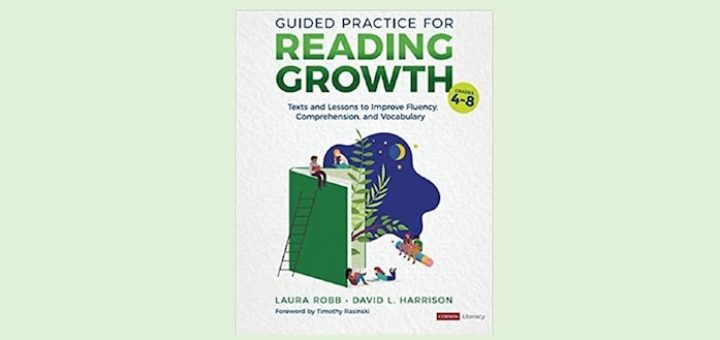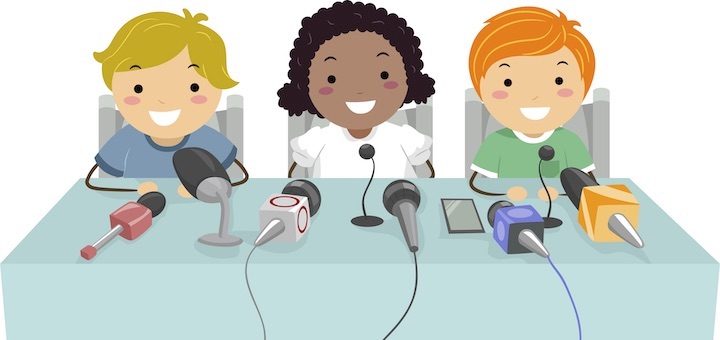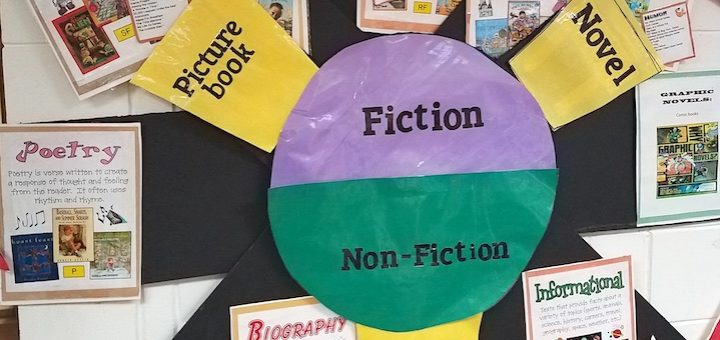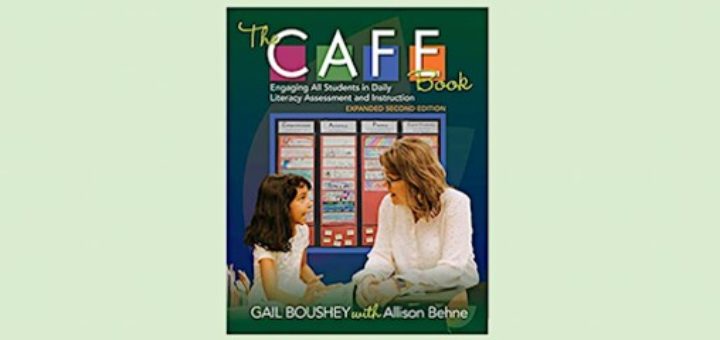A Tool to Help Students Navigate Difficult Text
Students who struggle with academic reading can benefit from “a compass of sorts” to help them navigate texts. To accomplish this, educator Ron Klemp developed a four-step quickwrite protocol that’s been “extremely effective” in boosting their engagement and understanding.


